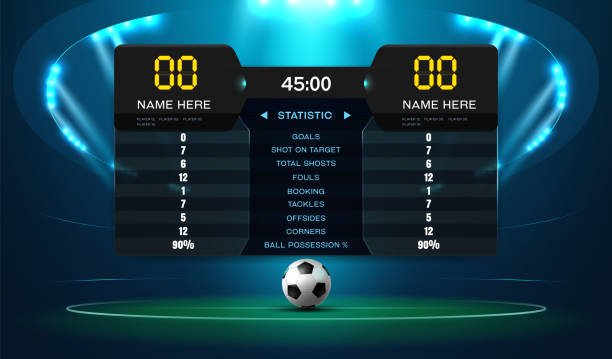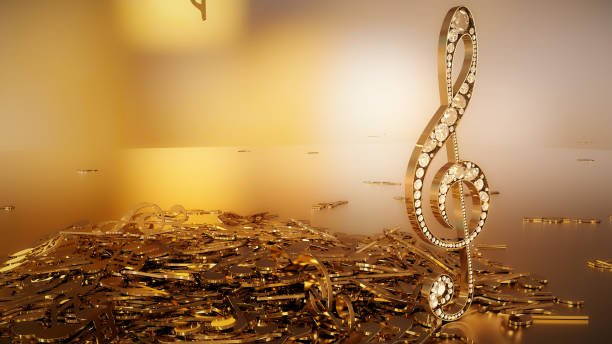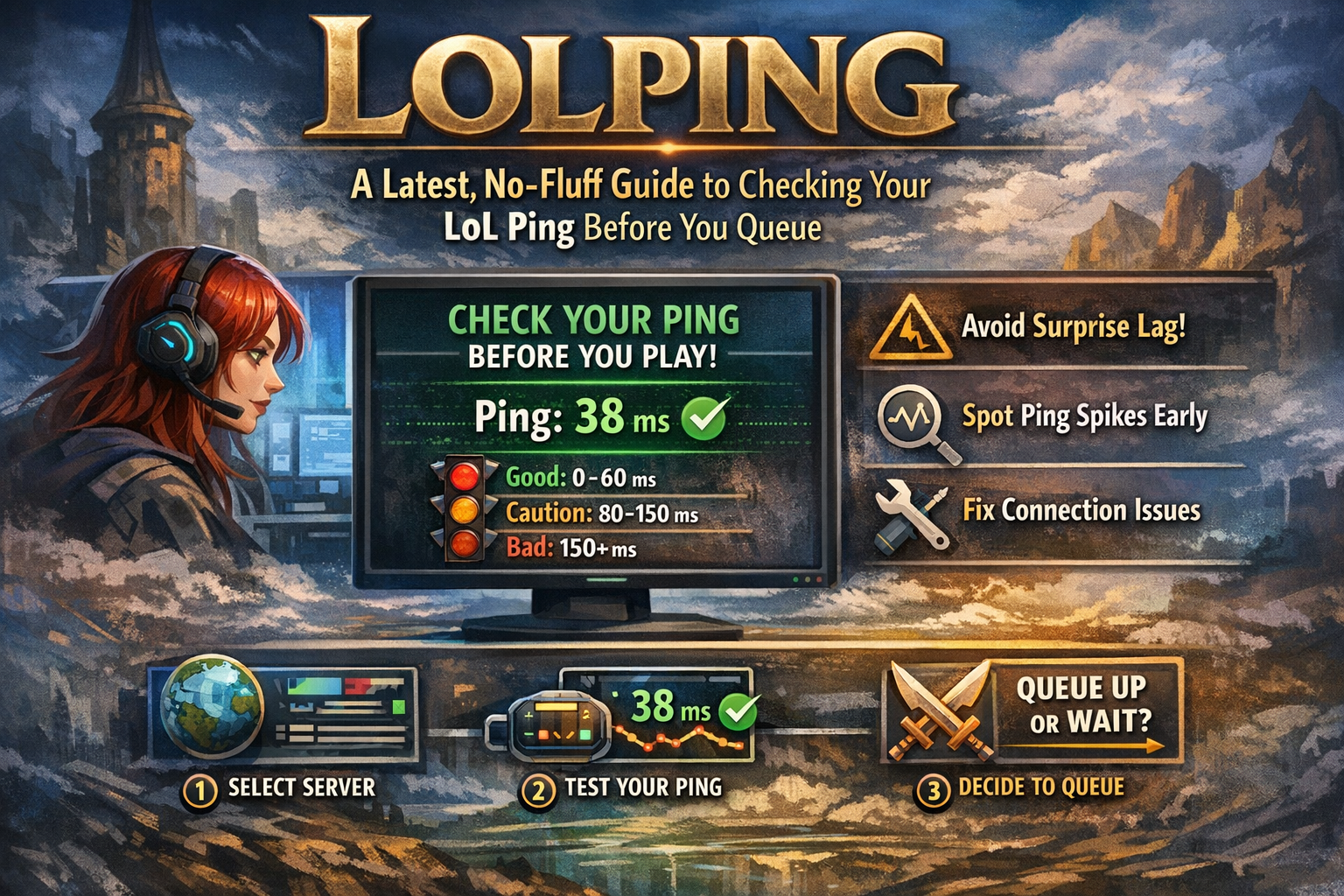Introduction
“Ehi vuoi da bere?” — a phrase that might sound casual, almost throwaway, but it carries far more weight than you’d think at first glance. Literally meaning “Hey, do you want something to drink?” in Italian, it’s not just about offering a beverage. Nope, it’s a small act that bridges gaps, extends warmth, and invites someone into your personal bubble. Whether whispered across a dimly lit bar, tossed lightly at a friend on your balcony, or muttered with a smile at a family dinner, Ehi vuoi da bere is both a question and an invitation — one that carries centuries of cultural resonance.
But let’s not get too stiff about it. This isn’t just about dusty traditions. It’s about living, breathing moments when one person decides to open a door, offer comfort, or spark a new story — all by asking if you’d like a drink. Intrigued? Let’s dive deeper.
The Power of Hospitality
A Global Gesture, an Italian Flavor
Every culture has its way of showing hospitality. In English, it might be “Can I get you something?” In Spanish, you’ll hear “¿Quieres algo de beber?” In Japanese, the ritual involves tea served with a bow. But in Italy, Ehi vuoi da bere? feels casual yet intimate, blending the warmth of Mediterranean hospitality with the flair of Italian spontaneity.
Why does this matter? Because offering a drink is rarely about the drink itself.
-
Coffee signals comfort and alertness.
-
Wine whispers celebration and connection.
-
Water carries care, simplicity, and necessity.
It’s about reading the room, knowing what the moment needs, and offering it freely.
“Ehi Vuoi da Bere” in Everyday Life
At Home with Family
Picture this: Nonna has just pulled a tray of lasagna out of the oven. The air is thick with aromas that practically hug you. Before you can even sit down, she waves her hand and says, “Ehi vuoi da bere?” She’s not just checking if you’re thirsty. She’s making sure you’re welcomed, cared for, and part of the family circle.
Among Friends
At a lively gathering, someone cracks a joke, laughter spills over, and suddenly the host shouts, “Ehi vuoi da bere?” It’s shorthand for, “Stay a while, we’ve got more stories to share.” Drinks — whether sparkling water or chilled prosecco — keep conversations flowing.
In Romance
Let’s not ignore the flirty undertones. A charming smile across a café table, a casual, “Ehi vuoi da bere?” It’s playful, a little daring, and often the first step toward something deeper. Sometimes, it’s less about quenching thirst and more about testing chemistry.
More Than Drinks: Symbolism in the Phrase
The phrase embodies more than hydration. Here’s what it often symbolizes:
-
Connection – Extending a drink means extending trust.
-
Generosity – It says, “I want to give you something, even if small.”
-
Openness – An invitation to engage, to pause, and to be present.
-
Continuity – Drinks sustain a conversation, turning fleeting moments into memorable ones.
In many ways, Ehi vuoi da bere is about slowing down life’s chaos for a shared pause.
When Drinks Become Ritual
Espresso Culture
No exploration of Italy would be complete without coffee. Ordering an espresso at a bar is practically a handshake, a social glue. Saying “Ehi vuoi da bere?” in this context often means, “Want to join me for five minutes of calm in a shot glass?”
Aperitivo Hour
This pre-dinner ritual is sacred. Think of it as a cultural pause button where friends and strangers alike can connect over spritzes, olives, and light chatter. Here, Ehi vuoi da bere? is code for: “Let’s celebrate the fact that we’re alive, even before dinner.”
Wine at the Table
Wine isn’t just a drink in Italy — it’s history in a bottle. Offering it signals not only celebration but reverence for tradition.
Ehi Vuoi da Bere in Pop Culture
From songs to films, the act of offering a drink pops up as a recurring motif. The phrase may not always be literal, but the idea resonates everywhere. Think about iconic bar scenes in movies — how often does a drink open the door to life-altering conversations?
-
In romantic comedies, a drink offer sparks banter.
-
In dramas, it softens tensions.
-
In thrillers, it sometimes masks intentions (poisoned martini, anyone?).
Even if Ehi vuoi da bere isn’t uttered verbatim, its spirit transcends language barriers.
Practical Uses Today
So how do you, dear reader, wield the power of this phrase in real life?
-
At parties: Instead of a stiff hello, break the ice with Ehi vuoi da bere?
-
On dates: Use it as a casual yet inviting opener.
-
At work mixers: Offering a drink can ease networking jitters.
-
With family: It’s the glue that ties meals and conversations together.
It’s versatile, timeless, and surprisingly effective.
Common Misunderstandings
Not every Ehi vuoi da bere is romantic or deeply symbolic. Sometimes, it’s just… practical. You might genuinely be offering someone a glass of water. Misreading the context could lead to hilarious misunderstandings.
-
Imagine thinking you’re being flirted with when your host simply noticed you’re parched.
-
Or brushing it off casually when the other person meant it as an opening for deeper connection.
Like most things in life, tone matters.
Frequently Asked Questions (FAQs)
1. What does Ehi vuoi da bere literally mean?
It means “Hey, do you want something to drink?” in Italian.
2. Is it only used in Italy?
Nope! Italians abroad use it too, and anyone who loves Italian culture can sprinkle it into their conversations.
3. Does it always imply alcohol?
Not at all. It could be water, juice, coffee, or wine — the phrase itself is neutral.
4. Can it be used formally?
It leans casual, but with the right tone, it can work in slightly formal settings, especially over meals.
5. Why is offering a drink so important in cultures?
Because it’s a universal gesture of care, generosity, and connection. Drinks sustain conversation, bridge divides, and invite comfort.
The Deeper Human Truth
When you peel back the layers, Ehi vuoi da bere reflects something timeless: our need for connection. Humans have always gathered around food and drink, from ancient banquets to modern coffee shops. That simple question — Do you want something? — carries echoes of survival, community, and trust.
Think about it: even in survival stories, sharing water is an act of life-saving generosity. Offering a drink, in any culture, says, “I see you. I want you here. Let’s share this moment.”
Conclusion
So the next time you hear Ehi vuoi da bere? don’t take it lightly. It’s not just about sipping coffee, clinking glasses, or quenching thirst. It’s about weaving connections, expressing generosity, and anchoring yourself in a moment worth remembering.
From family dinners in Italian kitchens to first dates in bustling cafés, this phrase carries with it a subtle, enduring magic. And maybe, just maybe, when you use it yourself, you’ll notice how quickly walls come down, conversations deepen, and ordinary encounters transform into lasting memories.
In a world that often rushes past the little things, Ehi vuoi da bere is a reminder to pause, extend kindness, and toast to the beauty of human connection. Cheers to that!
















Leave a Reply